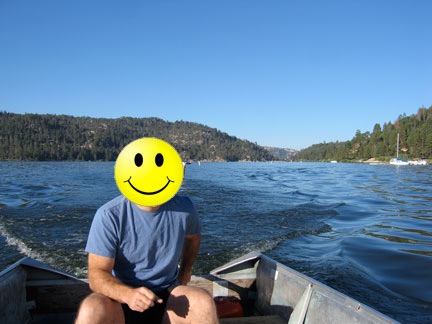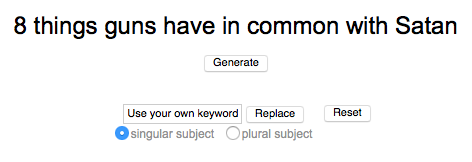Deleting photos is the first step.
I don’t know why I waited this long. Perhaps it’s because I thought some small part of a 29-year relationship could be salvaged. But the venomous hatred with which my wasband has attacked me emotionally and legally over the past two plus years has made it pretty obvious that he has no intention of salvaging anything from our lives together.
Not that I’m the least bit interested in that anymore either.
I’ve moved forward to the best of my ability. I’ve built a new life in a new place with new friends and a new home. I have new hobbies and interests and the freedom to explore them as I see fit. It feels good to finally have a positive outlook on my life, one without a risk-adverse “partner” who apparently liked living the same dreary existence every day.
While I brought along many of my possessions from that past life, most of them remain packed (so far) and I’m hoping that time cleanses them of memories associated with the man I often shared them with. I think there’s a pretty good chance of that. After all, my wasband occasionally accompanied me on trips in my helicopter and I know he drove my Honda, even as he searched for my replacement while I was away. (Leaving a dated park receipt in the cup holder was the tipoff there.) Yet those two possessions aren’t tainted by memories of his presence. Maybe it’s because I had so many more good times in these two vehicles without him.

My wasband and our dog Jack on a Jeep outing in 2010 at Lake Pleasant. Despite the numerous back road trips we made in my Jeep, it (fortunately) triggers no memories of him.
But what will never be cleansed are the photos — hundreds of photos — where he appears. They were taken at various times throughout our lives together. Sometimes he’s smiling at the camera, sometimes he’s making a face. Sometimes he doesn’t even know he’s being photographed — a candid image that reveals some of the deep thoughtfulness of the man he was. It’s those older photos that are the hardest to look at. They remind me of the man he once was, the man I fell in love with, the man who no longer exists.
The photos are in my iPhoto gallery, copied there over the years from digital cameras and cell phones. Some were scanned in from prints when I first returned home from Washington in 2012 to pack up my life. Back then, I wanted to remember him, I wanted something to cling to. But things are different now. Now I just want to forget.

I snapped this during a weekend trip to Big Bear in 2006. He used this photo on Chemistry.com when he started shopping for my replacement just seven days after I left for my summer work in Washington state. How do I know he used this photo? He showed up as a match for me 6 months later. Ah, the irony.
Opening up iPhoto to track down another image has become a nasty, jarring experience for me. Seeing his face, often in places where we shared good times together, is like a cold slap. Memories are triggered, sadness and feelings of loss and betrayal stab hard. For a long time, I avoided opening iPhoto, much as someone might avoid going into the bedroom of a recently deceased loved one. But that’s not a long-term solution for someone who wants to move on.
So every few days, I dive into my iPhoto gallery. I drag the photos of him from the window into a folder on my computer desktop. And then I delete the photo from iPhoto so I never have to accidentally see it again.
I can’t do them all at once. Sometimes, the task is heart breaking. I don’t want to cry anymore.
My few wedding photos were especially painful to see again, not because of the love I lost but because they represented how the man I loved had conned me into a legal connection that he’d later use to try to steal everything I’d worked so hard to build.
I’m trying to think of it as a clean-up task. As if I’ve dropped a tin full of thumbtacks and they’ve worked their way into the cracks and crevices of my living room furniture. I don’t know how many there are, but I don’t want to be surprised by finding one. So every few days, I go hunting and pull them out and put them in their tin. When I think I’ve got them all, I’ll put the tin away in a safe place where I’m not likely to open it by accident.
But I’m not permanently deleting the photos. I’m archiving them. Once they’re all sorted away into that folder, I’ll copy the folder to a CD or DVD and put that in my Divorce box — the box full of court documents and evidentiary files that I’ll have to keep for who knows how long. That’s also where I’ll put the financial records related to the last home we lived in together. And the few loving cards and notes that he sent me over the years that I kept. Then I’ll delete that folder of photos from my hard disk so I won’t even have to think of it.
I don’t know why I waited this long. I suppose I thought I’d do it when the ordeal of our divorce was over. But after 28 months, it’s still not over. He won’t let go.
How long is a person supposed to wait before cleaning up the detritus of a wrong turn in life? I think this is long enough.

 We’ve all seen it. It usually has a title or headline written with a hook to reel you in. (In researching this piece, I even found a
We’ve all seen it. It usually has a title or headline written with a hook to reel you in. (In researching this piece, I even found a 
